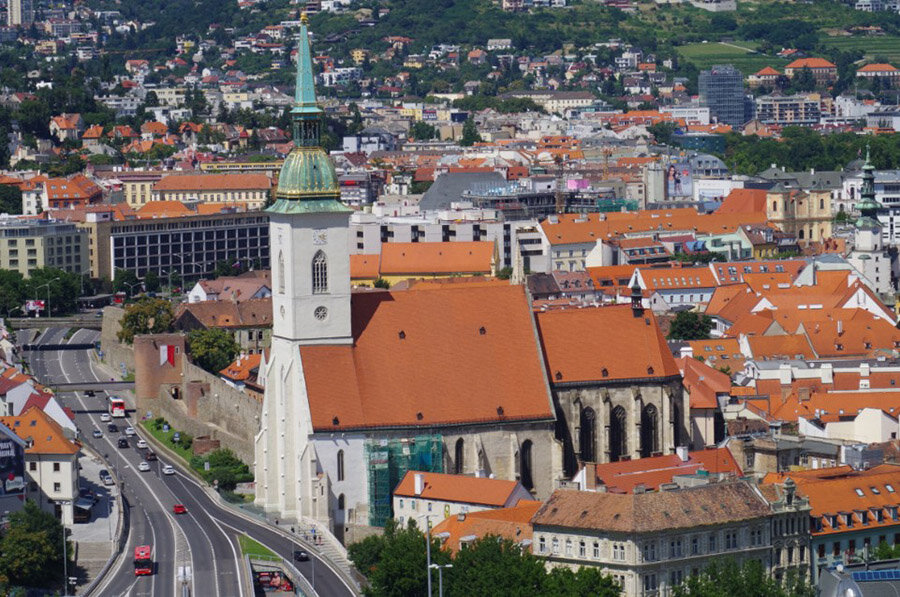Slovakia to Reshape Business Residence Permits, National Visas as of July 2025

Bratislava — Slovakia is preparing to implement sweeping changes to its immigration policies for business owners, freelancers, and foreign workers, with the new rules expected to take effect on July 1, 2025, following parliamentary approval.
Business Residence Permits: Quotas and Processing Reforms
As Schengen.News reports, the government will introduce quotas for business residence permits. While the exact numbers remain pending, the quotas will limit the number of permits issued to entrepreneurs, freelancers, and self-employed individuals.
Applicants will now be required to submit initial applications exclusively through Slovak consular offices abroad, replacing previous in-country filings at the immigration office—a change that could extend overall processing times.
Bureaucratic Relief: Fewer Documents Required
Despite tighter eligibility rules, certain documentation requirements will be eased:
Physical photographs will no longer be required;
Proof of financial coverage will also be eliminated at the initial application stage.
These simplifications are designed to streamline formalities while allowing authorities to exercise stricter oversight on the business activity itself. The changes are partly driven by concerns that some companies have previously exploited business permits to bypass tax and social security obligations.
National Visas Extended to 120 Days
In parallel, Slovakia plans to increase the validity of national visas for third-country nationals from the current 90 days to 120 days. According to Interior Minister Matúš Šutaj Eštok, this extension aims to allow more time for securing appointments within the reservation system, which will soon become legally mandatory.
The Cabinet has already endorsed the proposal; final adoption depends on parliamentary approval, with implementation also scheduled for July 2025.
New Quotas for Chinese Nationals
The Slovak government is also preparing to expand visa issuance for Chinese nationals, targeting 1,000 national visas per year as part of its broader effort to attract skilled foreign labor and boost inward investment.
Currently, foreigners seeking long-term residence and employment must first obtain a national visa before applying for a residence permit upon arrival in Slovakia.
Broader Context
Slovakia’s immigration overhaul comes amid growing labor shortages across key sectors and reflects a policy shift toward more controlled business migration while facilitating entry for qualified foreign professionals.








